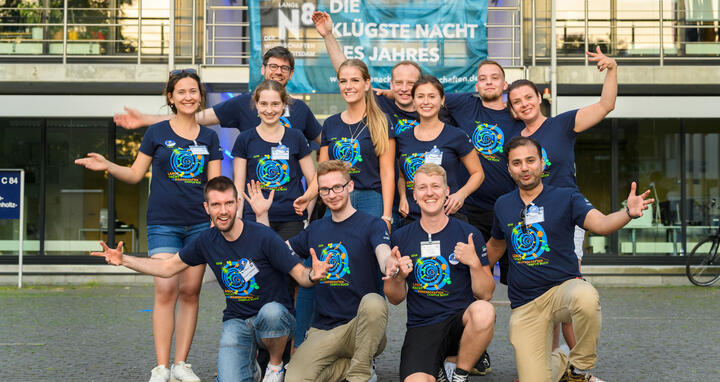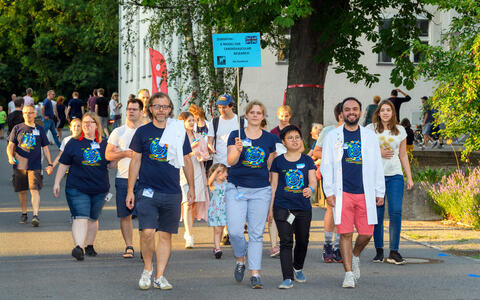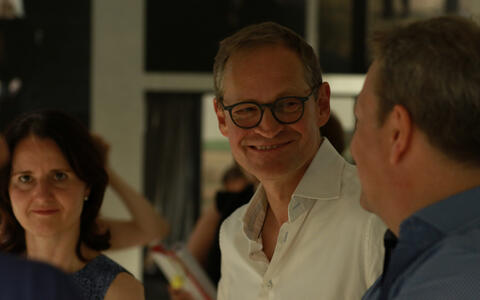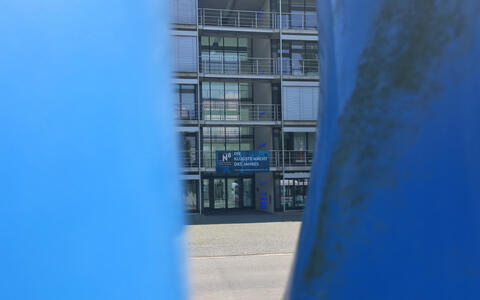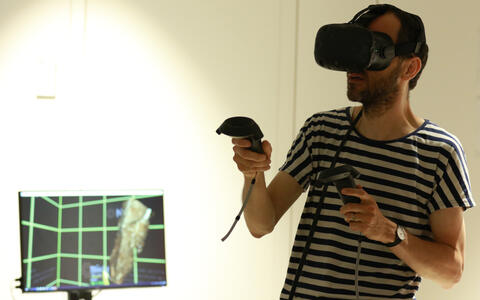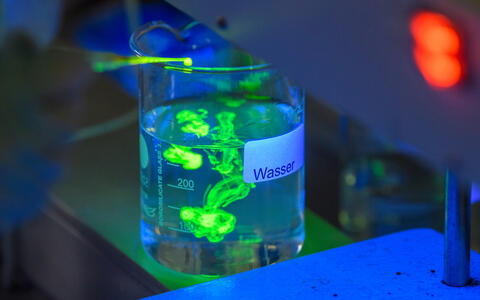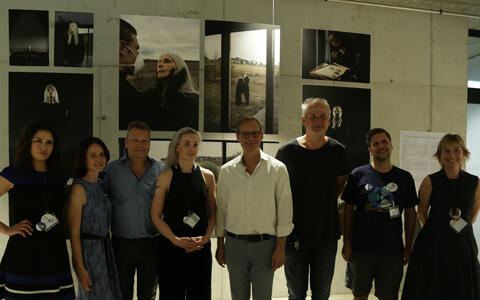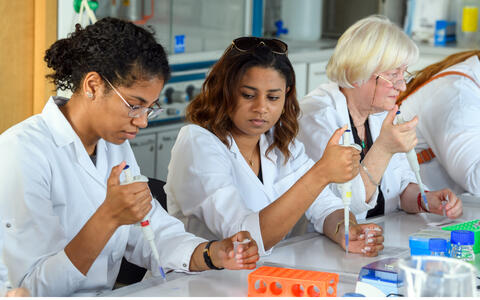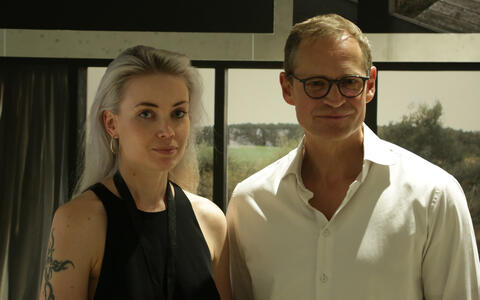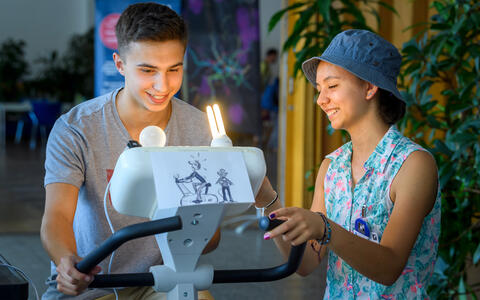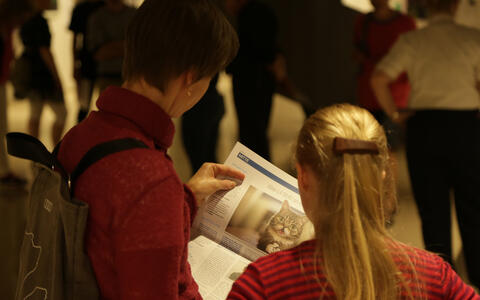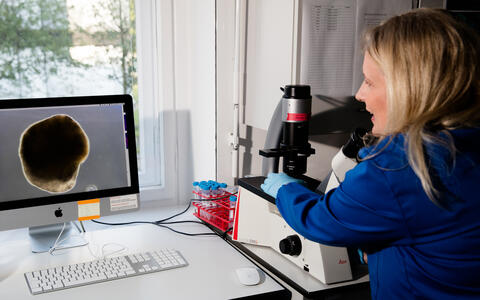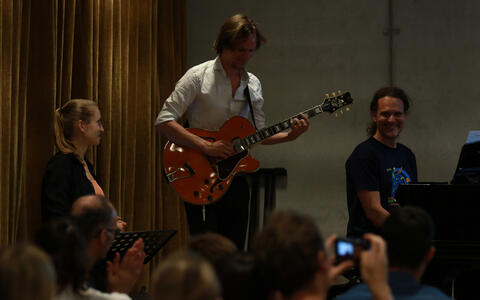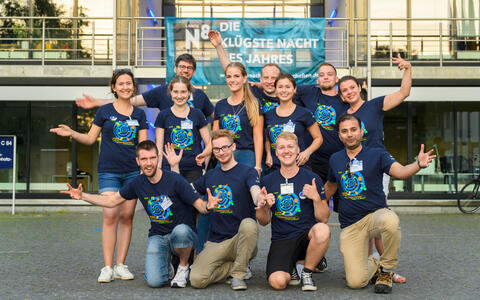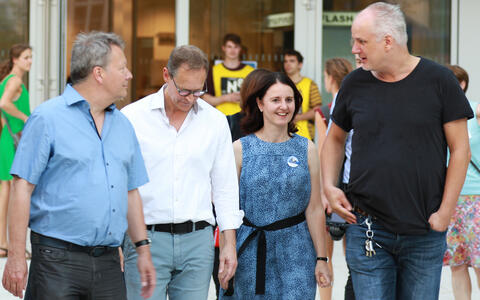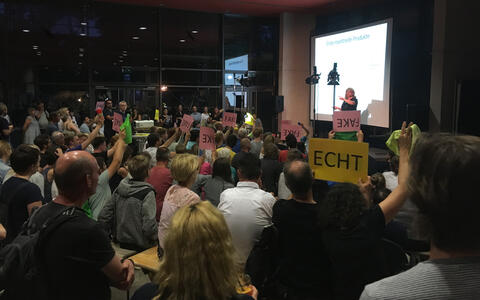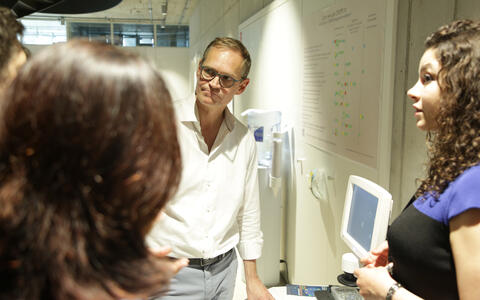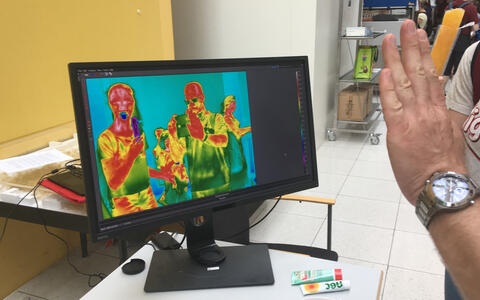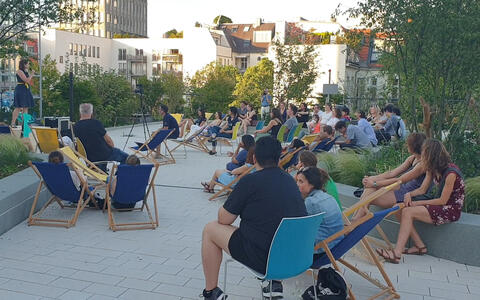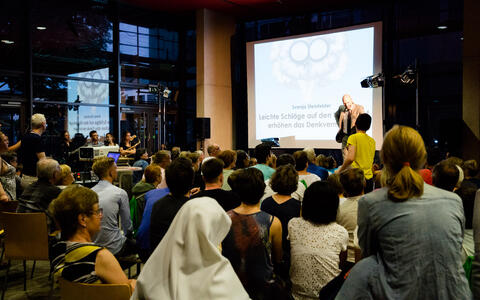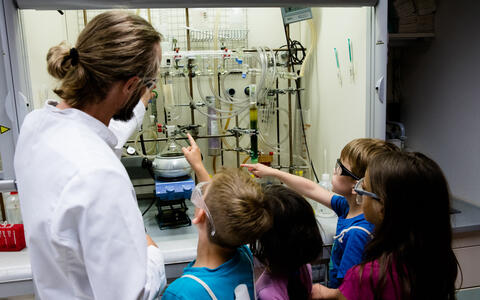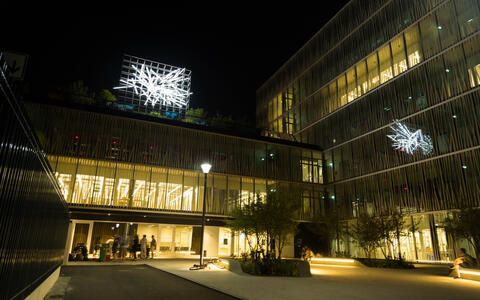📺 That was the Long Night of the Sciences 2019 in Buch and Mitte
Where is the mouse at home? What can artificial intelligence do in biomedicine? How do new species emerge and what do killer cells actually do? Real or fake?
Microscopy, pipetting, experimenting, building rockets, playing with Crispr, experiencing virtual reality - our visitors were impressed by the wide range of opportunities to listen and participate. We were able to inspire around 7,500 visits thirsting for knowledge. Here are our impressions from the smartest night of 2019.
LNdW-Highlight: REAL or FAKE?! The hands-on science quiz show at MDC Berlin-Buch
For years, this part of the LNdW-program has been one of the crowd's favorites at the MDC Berlin-Buch – the show "REAL or FAKE?!", which gives visitors a chance to be the science judge and separate the fantastic realities from the exaggerated but often creative falsehoods presented to them. The researchers pose a controversial sounding thesis on a scientific topic based on comprehensible arguments. Then, it's up to the audience to pick out those who tell the truth, however surprising it may be, and set them apart from the imaginative liars. Here are the four theses and problems of this year's edition of "REAL or FAKE?!".
Dr. Jeffrey Noel, scientist in the field of structural biology of membrane-associated processes at the Max Delbruck Center for Molecular Medicine (MDC), claims: "Donald Trump could identify the thief of his phone by comparing the bacteria on the surface of the phone with that on the hands of the suspects". The full story:
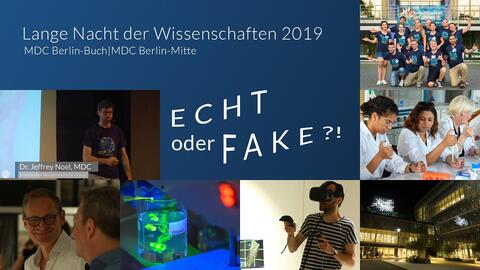
Jacob Gorenflos, PhD student at the Leibniz Forschungsinstitut for Molecular Pharmacology, claims: "Before country doctor Edward Jenner revolutionized the smallpox vaccination in the late 18th century, doctors blew patients smallpox particles through the nose to immunize them". The full story:
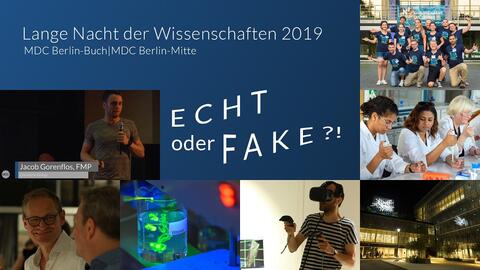
Dr. Svenja Steinfelder, researcher in the field of neural circuits and behaviour at the Max Delbruck Center for Molecular Medicine (MDC), claims: "Little blows to the back of the head increase one's intellectual capacity". The full story:
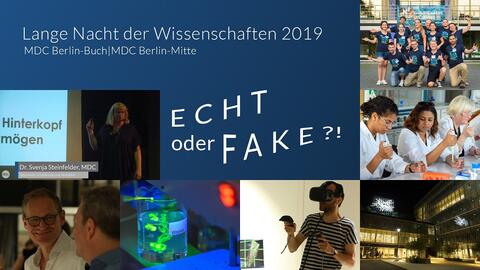
Benedikt Kortüm, PhD student at the Max Delbruck Center for Molecular Medicine (MDC), claims: "Aspirin can prevent the development of intestinal cancer". The full story:
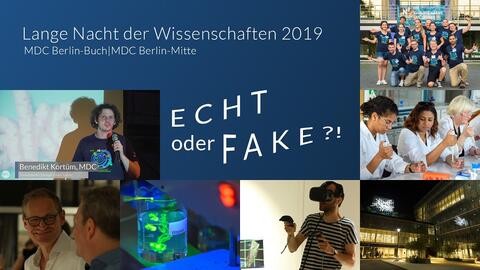
LNdW-Highlight: The Bear – True stories. Erzähltes Leben. at the MDC Berlin-Mitte
Founder Dyane Neiman sees The Bear as a storytelling platform that "creates compassion in our Berlin community, because every voice is honored and every story matters".
A collection of MDC scientists and passionate, Berlin-based storytellers shared these true, personal stories about their mishaps, mistakes and moments of truth. No notes. No slides. Just real life. Told on the rooftop terrace at MDC's Berlin Institute for Medical Systems Biology (BIMSB) during the Long Night of the Sciences 2019.
MDC PhD-student Laura Breimann shares her story of a lost suitcase and unexpected help during a trip to Japan.
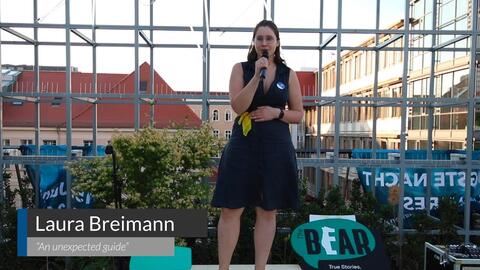
Writer, podcaster and filmmaker Terence Mickey enters the limelight with a true, personal story about coincidences, friendship and the importance of sharing: "Stories are about making meaning out of life."
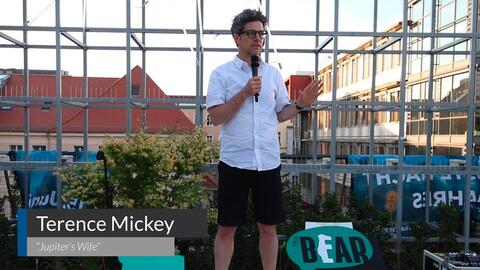
Inga Patarcic, PhD student at MDC, tells a story of pain and suffering, and of new beginnings after moving to from Croatia to Germany.
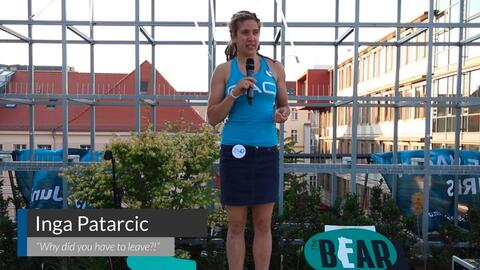
Emanuel Wyler, postdoctoral researcher at MDC Berlin-Mitte, talks about his experiences on a science trip to Charlottesville, Virginia.
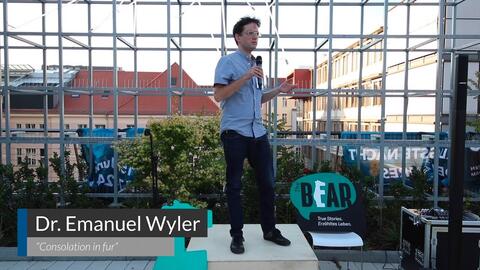
More info on "The Bear"

